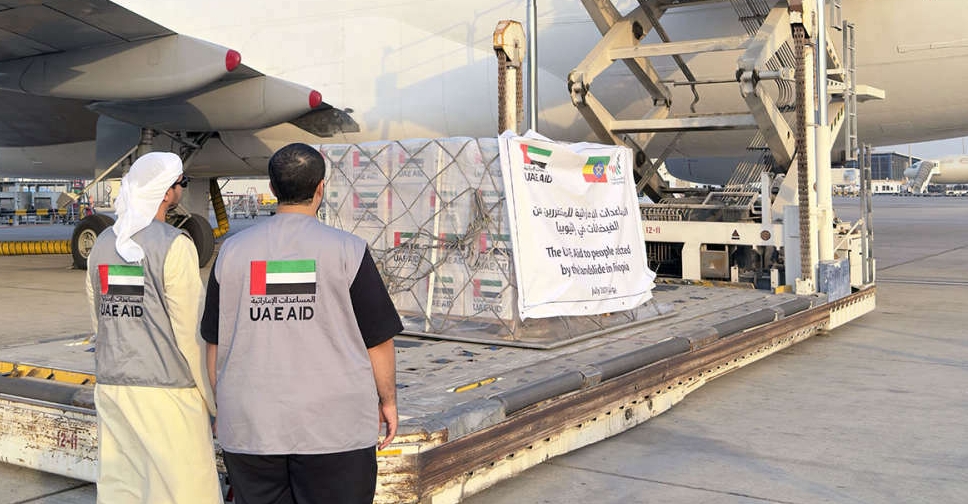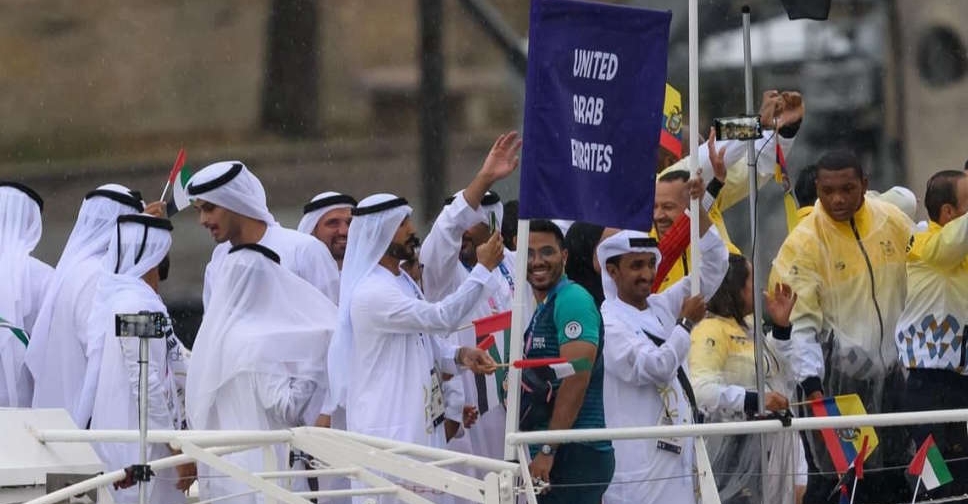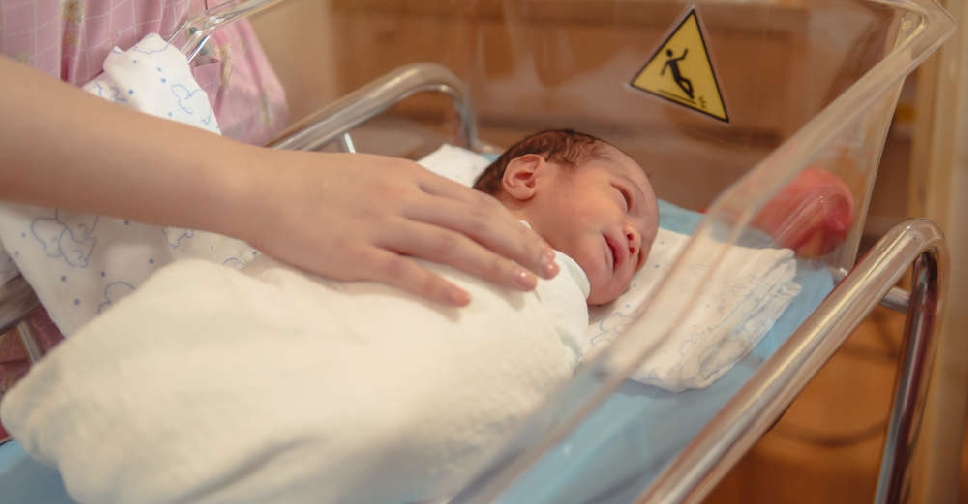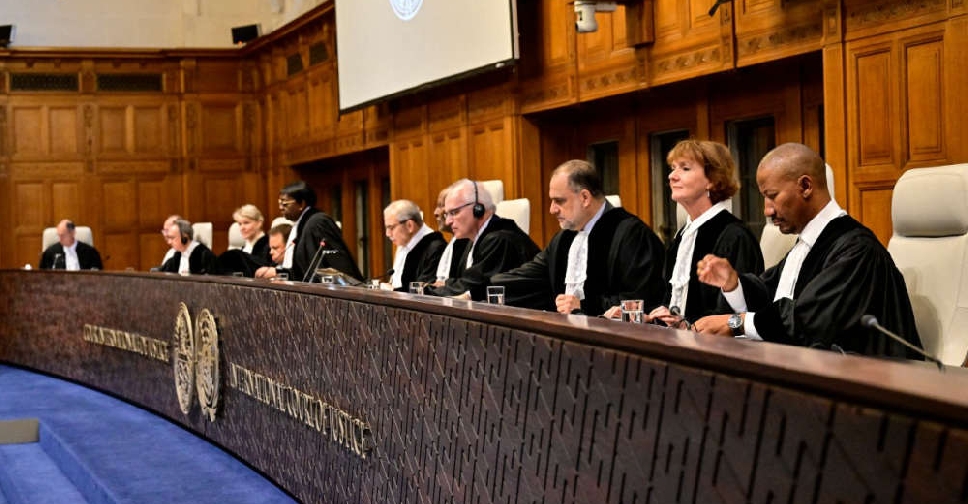
Judges at the top United Nations court ordered Israel on Friday to halt its military assault on the southern Gaza city of Rafah, in a landmark emergency ruling on South Africa's case accusing Israel of genocide.
Reading out the ruling by the International Court of Justice (ICJ) or World Court, the body's president Nawaf Salam said the situation in the Palestinian enclave had deteriorated since the court last ordered Israel to take steps to improve it. Conditions had been met for a new emergency order.
"The state of Israel shall (....) immediately halt its military offensive, and any other action in the Rafah governorate, which may inflict on the Palestinian group in Gaza conditions of life that could bring about its physical destruction in whole or in part," he said.
The court also ordered Israel to open the Rafah crossing between Egypt and Gaza to allow in humanitarian aid, and said it must provide access to the besieged enclave for investigators and report back on its progress within one month.
The order was adopted by the panel of 15 judges from around the world in a 13-2 vote, opposed only by judges from Uganda and from Israel itself.
It was handed down a week after it was requested by South Africa as part of a case accusing Israel of genocide.
Outside, a small group of pro-Palestinian demonstrators waved flags and played a rap on a boom box calling for a free Palestine.
Israel has repeatedly dismissed the case's accusations of genocide as baseless, arguing in court that its operations in Gaza are self-defence and targeted at Hamas, which attacked Israel on October 7.
An Israeli government spokesman said on the eve of Friday's decision that "no power on Earth will stop Israel from protecting its citizens and going after Hamas in Gaza".
The ICJ is the highest UN body for hearing disputes between states. Its rulings are final and binding but have been ignored in the past. The court has no enforcement powers.
Israel launched its assault on Rafah this month, forcing hundreds of thousands of Palestinians to flee a city that had become a refuge to around half of the population's 2.3 million people.
Rafah, on Gaza's southern edge, has also been the main route in for aid, and international organisations say the Israeli operation has cut off the enclave and raised the risk of famine.
South Africa's lawyers asked the ICJ last week to impose emergency measures, saying Israel's attacks on Rafah must be stopped to ensure the survival of the Palestinian people.
A decision against Israel could heap more diplomatic pressure on the government of Prime Minister Benjamin Netanyahu.
The chief prosecutor of the International Criminal Court - a separate court also based in The Hague - announced on Monday he had filed an application for arrest warrants against Netanyahu and Defence Minister Yoav Gallant, as well as leaders of Hamas.
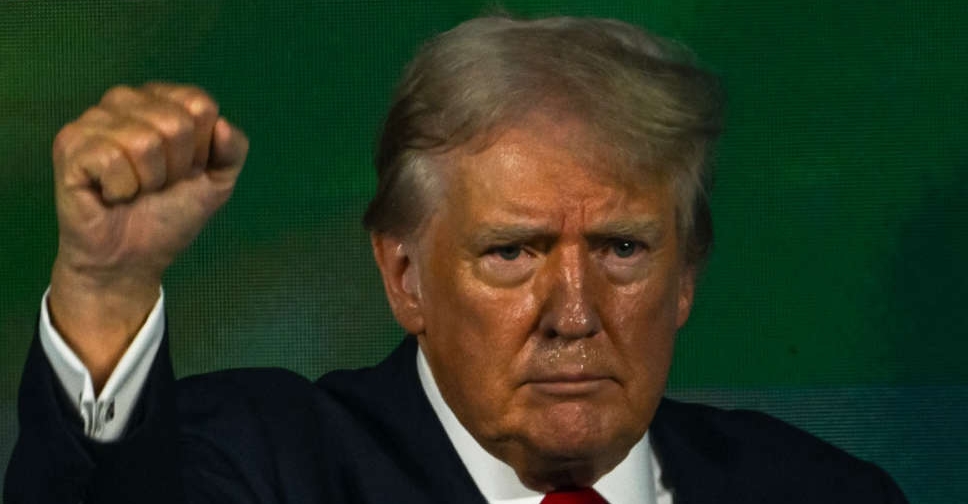 Trump to rally in Minnesota to blunt Harris' campaign momentum
Trump to rally in Minnesota to blunt Harris' campaign momentum
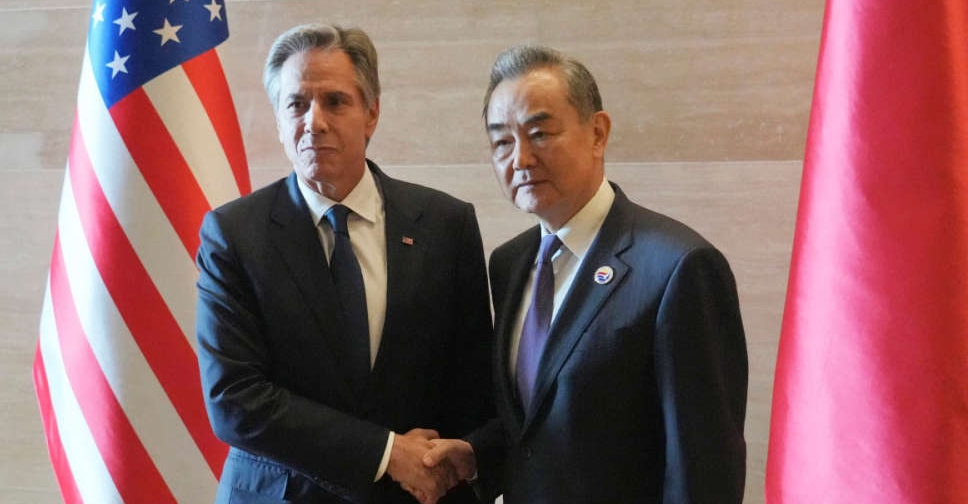 Blinken conveys concern to Wang over 'provocative actions' on Taiwan
Blinken conveys concern to Wang over 'provocative actions' on Taiwan
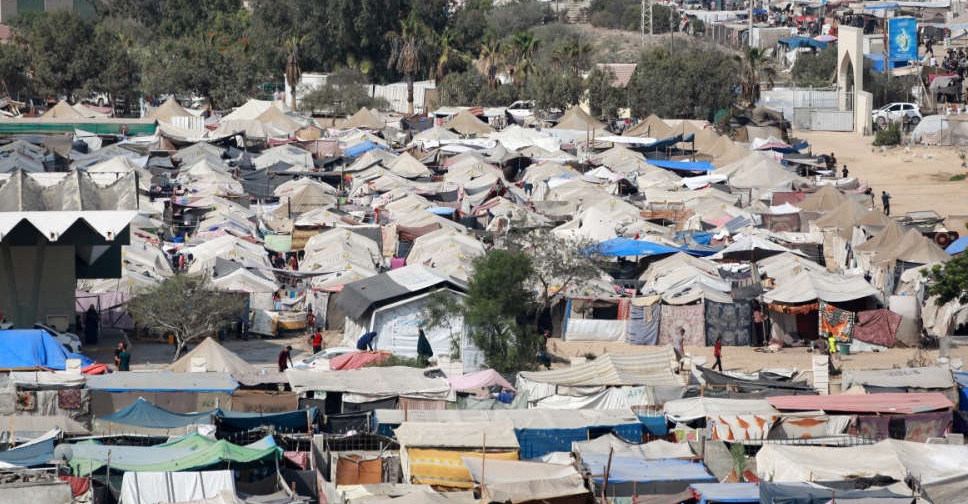 Israel issues a new evacuation order to the residents of Khan Yunis
Israel issues a new evacuation order to the residents of Khan Yunis
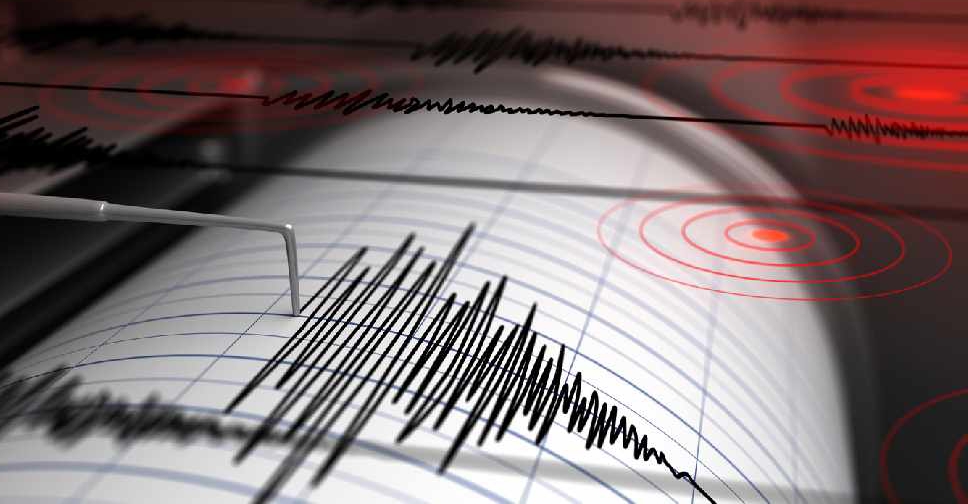 Earthquakes hit the Red Sea, near Saudi Arabia and Sudan
Earthquakes hit the Red Sea, near Saudi Arabia and Sudan
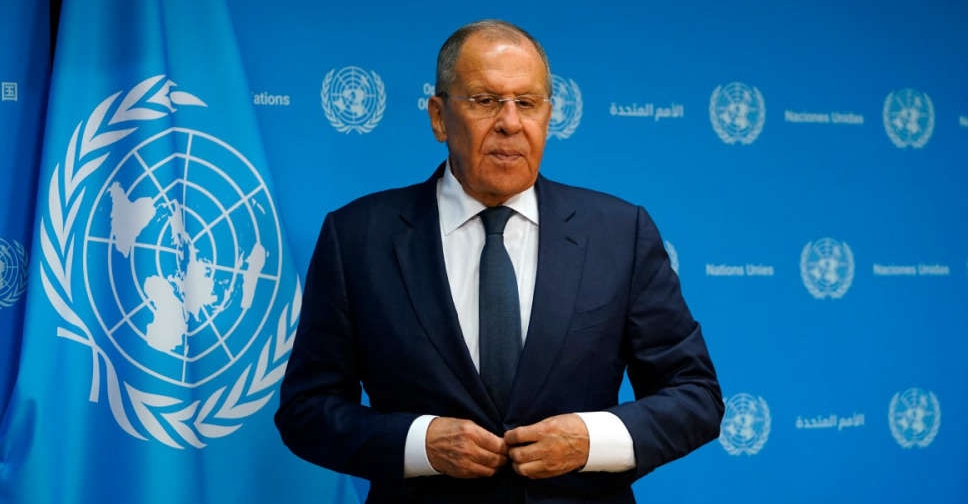 Russia's Lavrov says US-South Korea nuclear guideline adds concern
Russia's Lavrov says US-South Korea nuclear guideline adds concern
